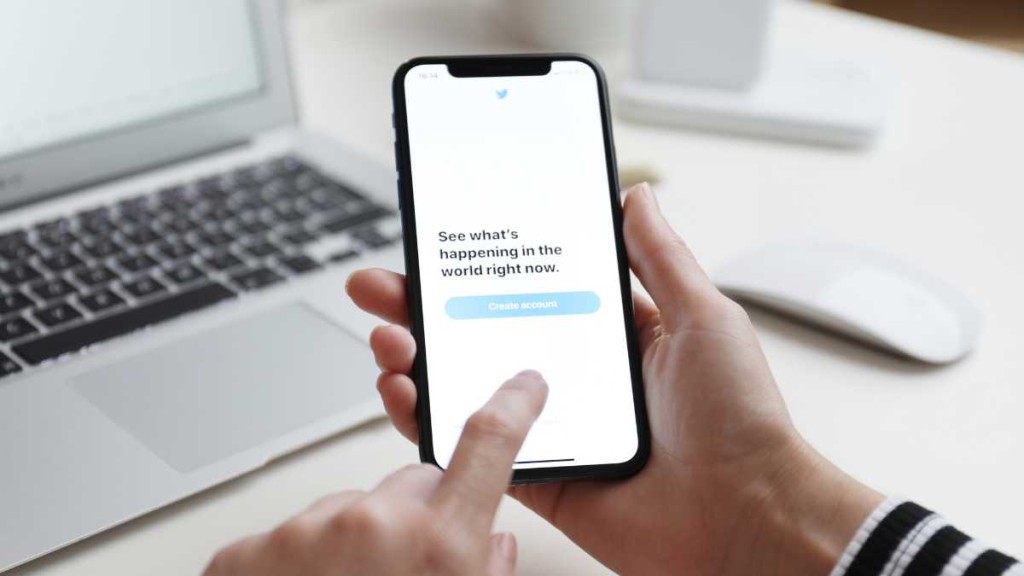Elon Musk’s social media platform X, formerly known as Twitter, was abruptly banned in Brazil early on Saturday. This action came after Musk failed to comply with a legal requirement set by Supreme Court Justice Alexandre de Moraes, who had demanded a local representative be appointed. The ban, affecting both mobile and web access, has sparked significant debate among Brazilian users and politicians.
The prohibition is the latest twist in an escalating conflict between Musk and Justice de Moraes, which revolves around issues of free speech, misinformation, and the influence of far-right groups. Brazil, a major market for X, is home to millions of active users who now face disruption in their daily digital interactions.
For many Brazilians, the sudden unavailability of X has led to a scramble for alternatives. Chico Barney, a prominent entertainment writer, expressed his confusion on Threads, a new text-based app from Instagram. “It feels like I’ve lost touch with the world,” he said. “The Threads algorithm feels like a buffet where the waiter keeps bringing dishes I didn’t order.”
Another rising platform, Bluesky, has seen a surge in Brazilian users since the ban. The company reported a significant influx of around 200,000 new Brazilian sign-ups recently, with this number continuing to climb. Users are setting records for engagement, including follows and likes, indicating a rapid shift to new social media spaces.
The ban has had varied impacts across different user groups. Bluesky users have welcomed their new Brazilian counterparts, with some commenting on the welcoming atmosphere compared to X. Meanwhile, the sudden departure of X has left notable gaps, particularly in entertainment and fan communities. Pop stars like Cardi B and fan pages for celebrities like Timothée Chalamet have voiced their concerns over the loss of their Brazilian fan base.
Historically, Brazilians have shown adaptability with social media changes. Following the closure of Orkut, another popular platform, users quickly migrated to new networks. While X was not as dominant in Brazil as Facebook, Instagram, YouTube, or TikTok, it played a significant role in political discussions and meme culture, making its absence particularly felt.
The current situation has also spurred legal and political reactions. Justice de Moraes has imposed a daily fine of R$50,000 (£6,800) for attempts to bypass the ban using VPNs. Some critics argue that these measures are excessive and authoritarian, questioning their legal basis and enforcement. The Brazilian bar association is set to challenge these fines, advocating for due process before any penalties are enforced.
Political figures have weighed in on the controversy as well. Former President Jair Bolsonaro criticised the ban, arguing it undermines freedom of expression and may deter international businesses. In contrast, President Luiz Inácio Lula da Silva supported the Supreme Court’s decision, asserting that all investors in Brazil must adhere to local laws.
Ana Júlia Alves de Oliveira, an 18-year-old student, voiced her dismay at the loss of X, noting how reliant many young people, including herself, are on social media for news and entertainment. “I feel disconnected from global events now,” she said. “X was a crucial part of my daily information and entertainment.”
As Brazil navigates life without X, the transition highlights both the resilience and the challenges of adapting to new digital landscapes.


